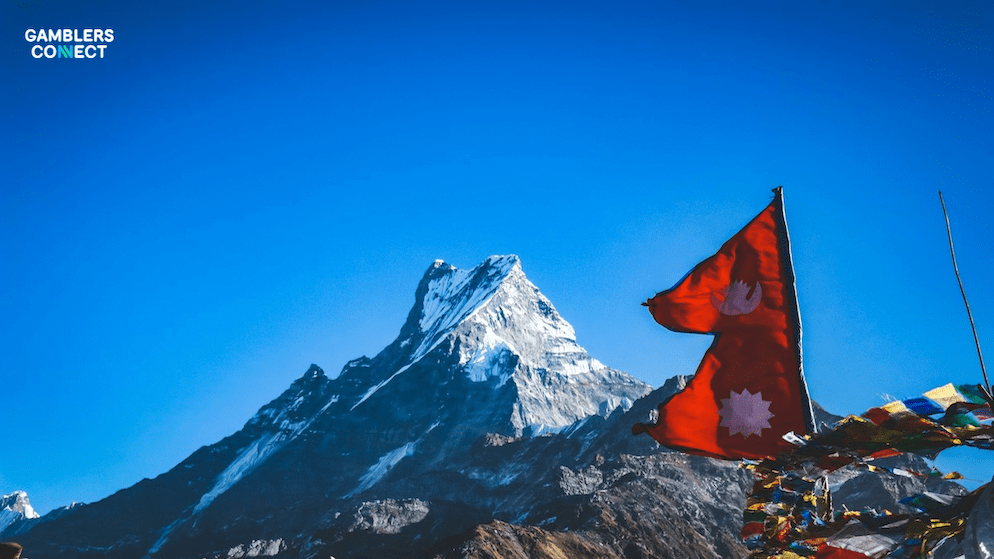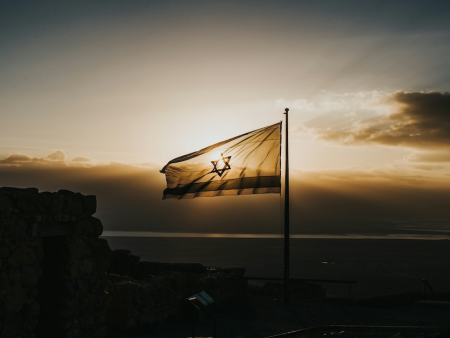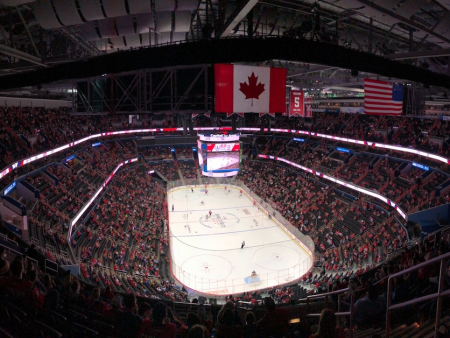
Nepal’s burgeoning iGaming industry has suffered a catastrophic setback, with market interest plummeting by 74% in a single week in early September.
According to data from market intelligence provider Blask, the dramatic downturn is a direct result of a government-ordered social media ban that triggered widespread political upheaval and violent protests across the nation.
The Blask Index, which measures user activity at the top of the acquisition funnel, fell from 26,300 on September 2 to just 6,600 by September 9, marking the sharpest decline since the market began being tracked.
This collapse brought a year of powerful growth to an abrupt halt, which had previously seen the Nepal Blask Index climb 72%.
The crisis was ignited on September 4 when the government blocked access to 26 major social media platforms, including Facebook, Instagram, X, and YouTube.
The move left only a few apps like TikTok accessible after mandatory registration with the government.
The digital restrictions prompted immediate and widespread demonstrations, led mainly by young people in major cities such as Kathmandu and Pokhara. Protesters voiced their anger through powerful slogans.
“Shut down corruption and not social media” and “Youths against corruption.”
The protests soon escalated, leading to violent clashes with security forces that resulted in at least 19 deaths and over 100 injuries.
Authorities responded by imposing curfews and internet blackouts, while fires at data centers further disrupted connectivity.
The loss of social media cut off a vital marketing and user acquisition channel for the 48 iGaming brands active in the market.
Although the ban was lifted on September 9, ongoing curfews and transport blockades have crippled recovery.
The crisis highlights the extreme vulnerability of Nepal’s once fast-growing iGaming industry to political instability and unpredictable regulatory shifts.





